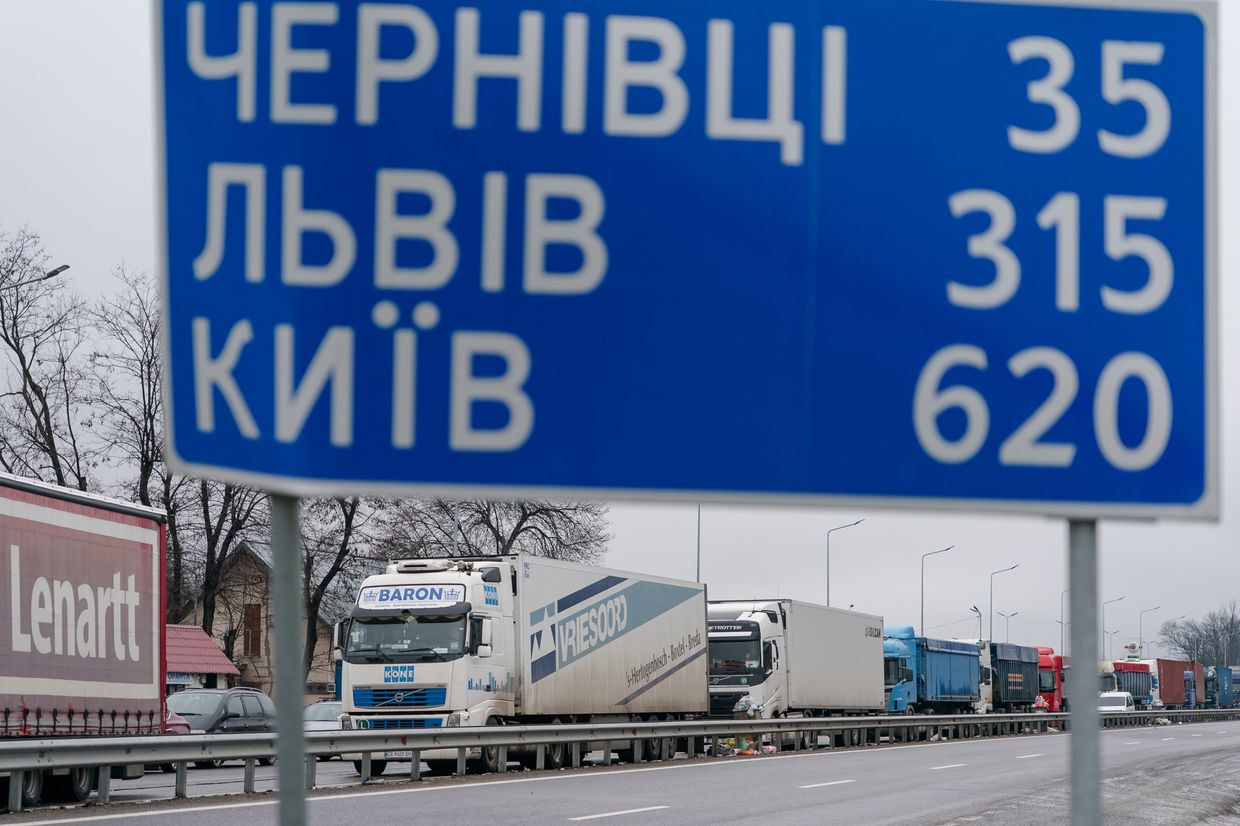Official: Ukraine open to restrictions on EU trade to defuse tensions

Kyiv is open to trade restrictions with the EU to defuse tensions with Warsaw but urges bloc-wide import bans on Russian grain, Ukraine's Deputy Economy Minister and Trade Representative Taras Kachka told the Financial Times (FT) in a comment published on March 6.
The EU instituted a liberalized trade regime with Ukraine in 2022 to alleviate the country's economy amid Russia's war and the blockade of the Black Sea shipping lanes.
Several EU members, such as Poland, have complained since that imports of Ukrainian agricultural products are pushing down prices and thus threatening domestic farmers. Polish agricultural workers are currently holding protests in Poland and at the Ukrainian border, blocking several checkpoints.
"I do not think there is any significant conflict of opinion or interests between the (Polish) government and the protesting farmers," Polish Prime Minister Donald Tusk said in February.
"Certainly not in the case of Ukrainian agricultural exports without restrictions, without any effective limits by Poland."

Kachka told the FT that Kyiv is open to new restrictions, such as Brussels-backed caps on Ukrainian exports of eggs, poultry, and sugar, which have recently skyrocketed. Poland and several other countries have already imposed unilateral bans on other key products like grain, corn, and rapeseed.
"Maybe for a transitional period this kind of . . . managed approach to trade flows between Ukraine and the EU is something that we all need," Kachka said.
The official also stressed the need for the European bloc to ban grain imports from Russia, which have also been on the rise. Eurostat's data show that EU imports of Russian grain went from 970,000 metric tons in 2022 to more than 1.5 million in 2023.
Latvia will impose a ban on Russian and Belarusian agricultural imports starting March 8, while Poland wants to see restrictions instituted on the EU level.
Commenting on the ongoing blockade on the Polish-Ukrainian border, Kachka accused Russia of deliberately escalating the situation. According to the official, Moscow was "definitely" behind a case of vandalism last month that led to the dumping of Ukrainian grain from a train.












